Earlier this week, Locarno Film Festival artistic director Giona A. Nazzaro unveiled his lineup of more than 200 titles — almost half of which are world premieres — that will screen at the Swiss temple of indie cinema.
They include new works by Locarno regulars such as Romania’s Radu Jude — winner of the fest’s special jury prize two years ago for “Do Not Expect Too Much From the End of the World” who is back with the hotly-anticipated “Dracula” — as well as experimental U.K. filmmaker Ben Rivers, returning for the third time. His “Mare’s Nest” tells the story of a young girl named Moon (played by rising talent Moon Guo Barker) as she travels through a mysterious world free of adults.
The Locarno competition also comprises a new film by France’s Palme d’Or-winning but scandal-plagued auteur Abdellatif Kechiche. “Mektoub ,My Love: Canto Due” is the final installment in a trilogy, coming six years after its previous installment “Mektoub, My Love: Intermezzo.” When that movie premiered at Cannes in 2019, it was panned by critics for being “a grinding exercise in low-level cinematic voyeurism,” as Variety critic Guy Lodge put it, and was never released in cinemas. Further derailed by various sexual misconduct allegations — none of which have led to convictions — Kechiche more or less faded into the woodwork, though he resurfaced in 2022 at the Montpellier Film Festival in southern France, where he said he still hoped to complete his trilogy.
Below, Nazzaro speaks to Variety about his lineup and why he’s proud to welcome Kechiche back to the A-list festival circuit.
Simply put, what characterizes this year’s lineup?
This is fresh, vibrant cinema. And it’s cinema that challenges its own boundaries. It’s not a mono- dimensional offering. You can have extremely contemporary dense auteur cinema like [Georgian director] Alexandre Koberidze’s “Dry Leaf,” and on the other hand, you can have a fully laugh-out-loud, crazy, acidic comedy like [Romania-based filmmaker] Ivana Mladenović’s “Sorella di Clausura.” We have tried to put together a selection for a curious, adventurous, pleasure-seeking audience. For me, the key word is “pleasure.” Pleasure of enjoyment, pleasure of discovery, pleasure of being challenged.
You’ve pointed out how proud you are of having Abdellatif Kechiche in competition, a director who has faced accusations of behind-the-scenes misconduct.
Yes, I’m especially happy that we managed to convince Kechiche and his producers to come to Locarno because we simply tried to be totally adamant about our love for his film. And he accepted because he felt respected. I’m proud because there was no speculation of any other kind.
Are you concerned that this choice could be controversial? It’s already made a splash.
First of all, I want to say that I hope that the film can be seen for what it is: the expression of a filmmaker expressing his full potential as an artist. When I discovered the film, I felt like this was Kechiche at his very, very best; the things that made us fall in love with his work in the first place; this candid gaze on the possibilities of the world. It’s the work of a real poet that makes cinema happen in front of your eyes, and is able to conjure this magic.
That said, Locarno has always been very adamant about this kind of thing. We are simply asking [the audience] to look at the films for what they are. There have been somewhat similar controversies at Locarno in the past [the festival invited Roman Polanski to attend in 2014, though in the end he decided not to come]. Even other festivals have made certain decisions to address similar things in a different way. Again, let’s give the film the opportunity it so fully deserves.
On another note, what drew you to Miguel Ángel Jimenéz’s “The Birthday Party,” with Willem Dafoe playing an Onassis-like tycoon?
Willem Dafoe is terrific in “The Birthday Party.” He plays this billionaire character that recalls other billionaire characters from yesterday. Dafoe really plays this role with gusto in a way that recalls a certain Don Corleone. And obviously, it also feels very contemporary. All this discussion about islands and billionaires with private armies. Ultimately, it’s a kind of melodrama about a powerful dad who is willing to do everything in his power to keep his money from going to the guy that supposedly loves his daughter.
In terms of timely political filmmaking, I’m very curious about the Jean-Stéphane Bron series “The Deal,” about the 2015 negotiations for a nuclear agreement between the U.S. and Iran. Can you tell me more?
Jean-Stéphane Bron is a very talented documentary filmmaker who has always challenged the form of the documentary. Here, he completely surprises everything we know about him, because this is his first foray into fiction. Obviously, he wanted to make things tough for himself, because everything takes place in a very limited space and in a very limited time in Lausanne, in 2015, behind the scenes of the first tentative nuclear deal. At the time, the Iranian foreign minister was Mohammad Javad Zarif and he was an extremely eloquent person. But the dealings were tough, obviously, and the film takes it from there. It’s a fictional reinvention of some of the things that went on. I have to say that I binged the whole series in one go as soon as I received it. And it was a no-brainer to create this kind of programming where you have the first two episodes on the Piazza [Grande], then you leave the audience with a cliffhanger, and then you move on the next day with the other four in a different setting.
You also have two films, “Hasan in Gaza” by Palestinian director Kamal Aljafari and Israeli director Eran Kolirin’s “Some Notes on the Current Situation,” both dealing with the conflict in Gaza. How are they connected?
Well, it’s not really about the films being connected. When we were working on the selection, we were sincerely thinking that these are extremely difficult times, to say the least. And we didn’t want to have a selection that would look like we are living in a void, completely detached from the rest of the world. So we wanted to ask some deep questions and not just very basic reflections on what is going on. Regarding these two works, Eran Kolirin’s film is really a cry from the heart about a certain idea of what a country [Israel] could have been, whereas Kamal Aljafari’s film is heartbreaking because it was supposed to be one of the very first films by this Palestinian director. But he somehow lost all the footage, which then reappeared because he found it years later. So we thought that it would be the best way to speak about Gaza through these kinds of images, because the film depicts the preconditions that somehow we are seeing today. But at that time, the world was looking away.
This interview has been edited and condensed for clarity.

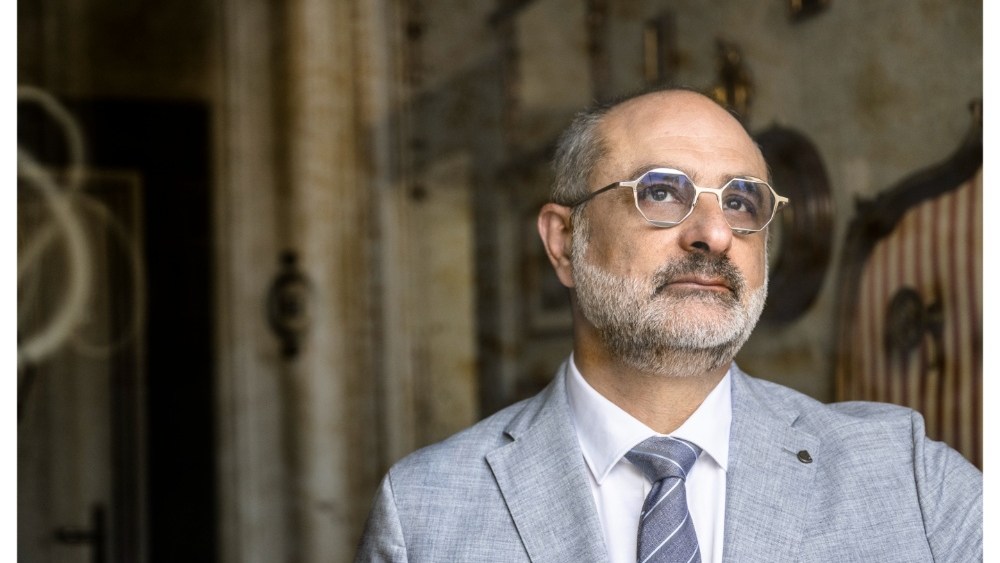
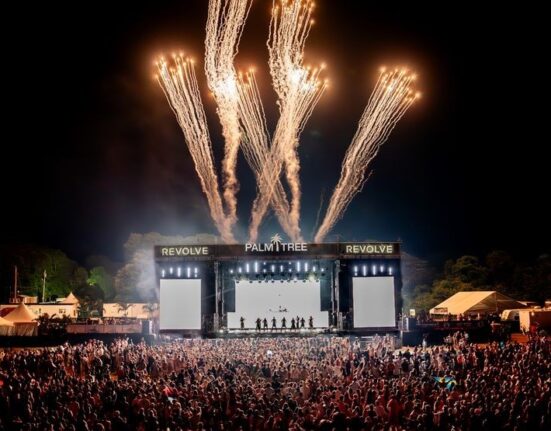



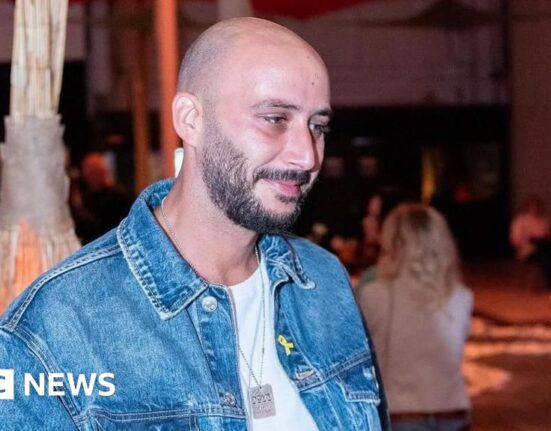
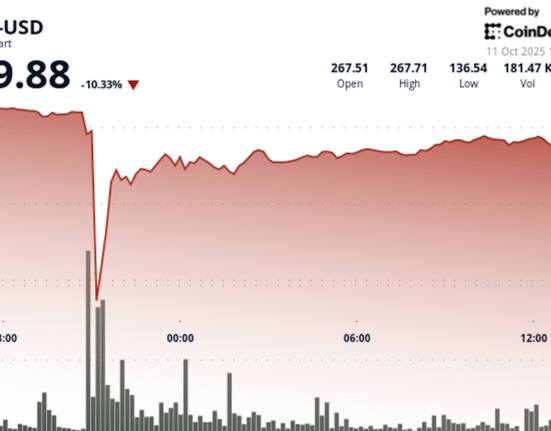
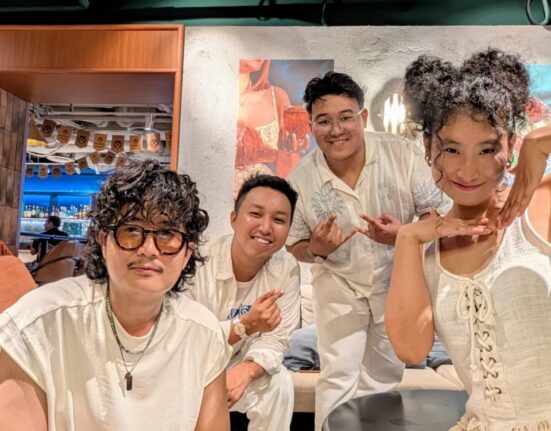
Leave feedback about this